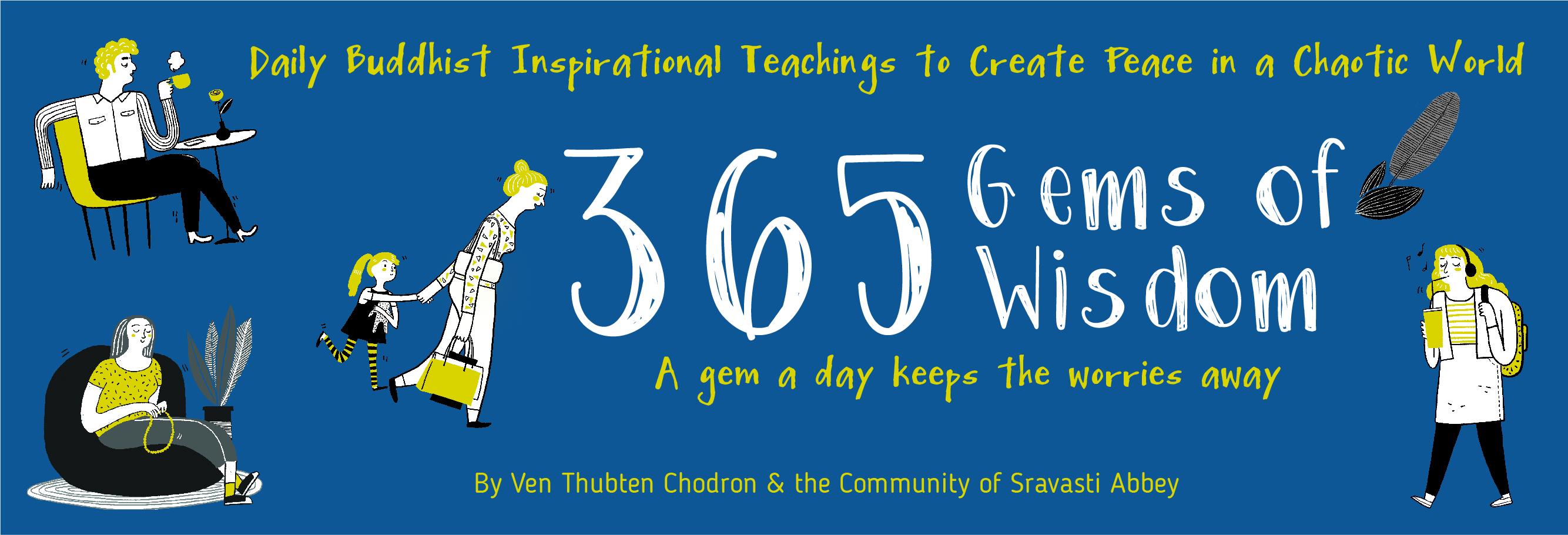July 3 : Real Friends
Using our speech to create disharmony is called divisive speech. This is often done by talking behind other people’s backs and saying all sorts of things to turn one person against another. We often do this when we are upset with somebody. Somebody did something we do not like. Rather than approaching the person to talk about what happened and work it out, we talk to everybody else, except the person concerned. In the process, we create a big mess.
I have a problem with Joe over here. I do not talk to Joe, because that would be too simple. I talk to Susan, Janice, Herman, Craig, and other people and tell them what Joe did. Because they are my friends, they are going to side with me and agree with me about how horrible Joe was and how we have really got to do something about it. If they do not agree with me, then they would not be my friends.
This is part of the definition, in worldly ways, of friendship, isn’t it? You stick up for me no matter who criticises me be it right or wrong. In a Dharma way, both parties are in error there. If we talk to the people who are not involved in the conflict, trying to get them on our side against the other person, we are creating disharmony between them and the other person. If our friends whom we talk to agree with us, whether we are right or wrong, who encourages us to be angrier and justifying our anger, then they are not real friends because they are encouraging an unwholesome mental state in us.
When we have a problem with Joe, if we do not feel ready yet to talk to Joe it is okay to go to our friend and say, “I have a situation with Joe, I need to talk to someone about it in order to clarify my mind and let go of the anger I have so that I can go and work it out with him.” It is okay because we are being perfectly clean and clear that our motivation is not to get our friend on our side. Our motivation is to discuss it and get some wise advice from our friend because we are owning our anger. If we are not owning our anger and our friend comes back and says, “It sounds like you’re really angry. Let’s talk about your anger and leave the situation of Joe for later,” then that friend is really being a good friend because the actual problem is our anger. The problem is not so much what Joe had done.
We must be very clear about owning our own afflictive emotions, otherwise, it creates disharmony. Similarly, just agreeing with others because they are our friend does not mean that we are being a good friend because sometimes we are encouraging their anger, rather than saying something that wakes them up to what is going on in their mind.
“365 Gems of Wisdom” e-book is out now!

